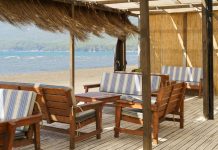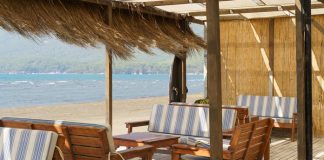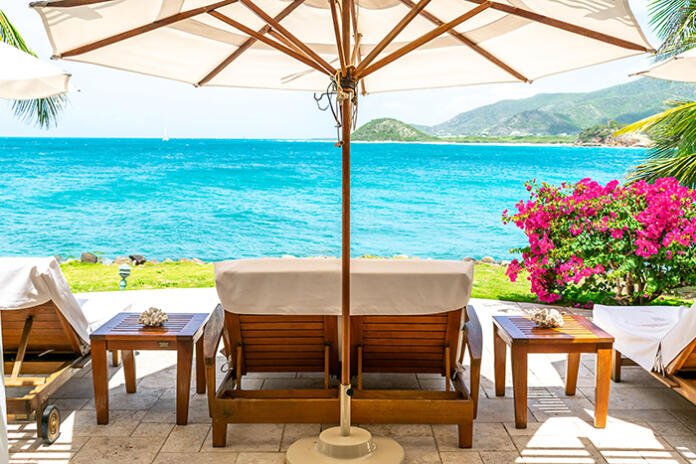
Photo credit: Steve Bennett/UncommonCaribbean.com
Quarantine fatigue combined with the public’s increasing ability to cope with the constraints of post-COVID life have more people longing to escape to the warmth of the West Indies this winter. COVID-19 Caribbean travel at present, however, is anything but business as usual. Borders to many destinations remain closed. Entry protocols and quarantine requirements also vary throughout the region — as do restrictions on visitor activities in certain places.
So how best can you navigate the new normal of COVID-19 Caribbean travel while still enjoying the islands? Here’s a look at what to expect when exploring these select tropical shores.
Belize
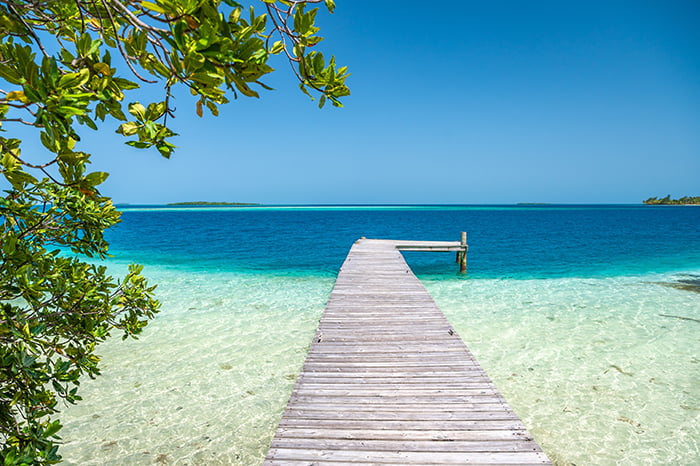
For a quick and breezy getaway, it’s hard to beat Belize right now. Recently relaxed entry requirements mean that visitors no longer need to quarantine upon arrival. No application is necessary to visit either. Assuming you arrive with proof of a negative COVID test, or test negative at the airport, then you’re free to roam — mostly.
This is because the government of Belize still advises travelers to use businesses that are part of their Tourism Gold Standard Program, which means they adhere to all health guidelines related to COVID-19. Such services include hotels and resorts, tour operators, attractions, rental car companies, taxis, restaurants and gift shops.
Visitors are strongly encouraged to limit their fun in Belize to businesses-certified operations under the Tourism Gold Standard Program. All are clearly listed in the convenient Belize Health App, which all visitors must download and initiate within 72 hours of arrival in the country.
Curaçao
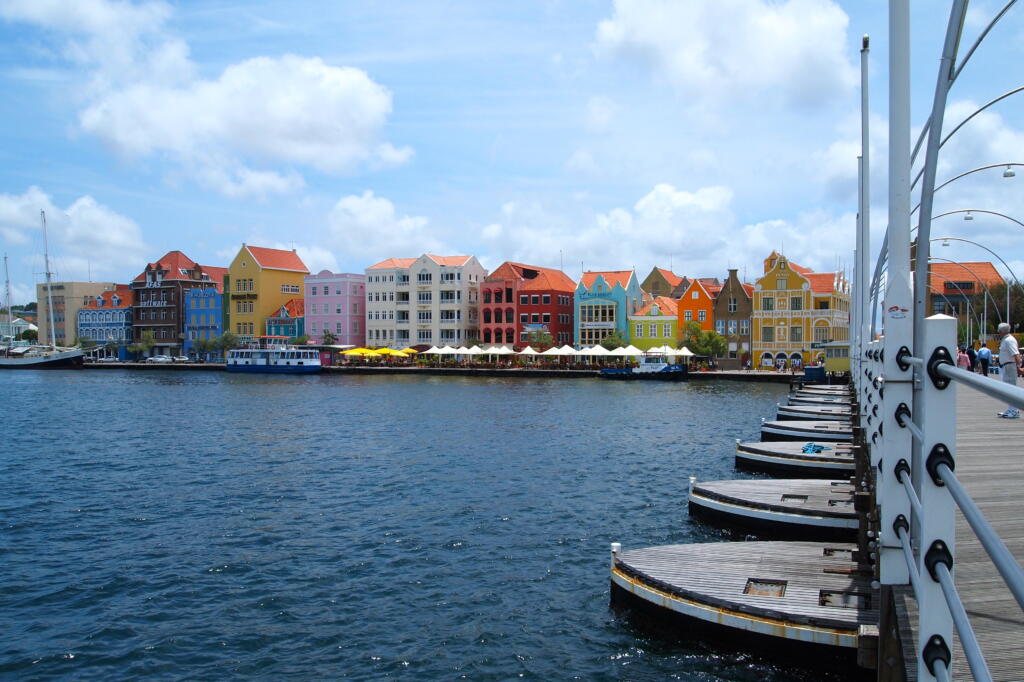
For added freedom of movement along your Caribbean travels, Curaçao is another great option right now. The guidelines here allow you to rent a car and experience the island as usual, assuming you wear a mask in public and maintain the same six feet of social distance we’re all advised to follow here in the United States.
Before you can visit Curaçao though, U.S. travelers must complete some mandatory tasks. First, you need to complete an online digital immigration card and digital Passenger Locator Card, available at dicardcuracao.com. You will need to fill out these documents at least 48 hours prior to departure and carry a hard copy with you during your stay. Travelers are required to show printed proof of a negative result from a certified COVID-19 test upon arrival. Tests must be taken within 72 hours of travel, and results must remain on your person during the entirety of your stay. You’re also required to upload a copy of your negative test result to the website.
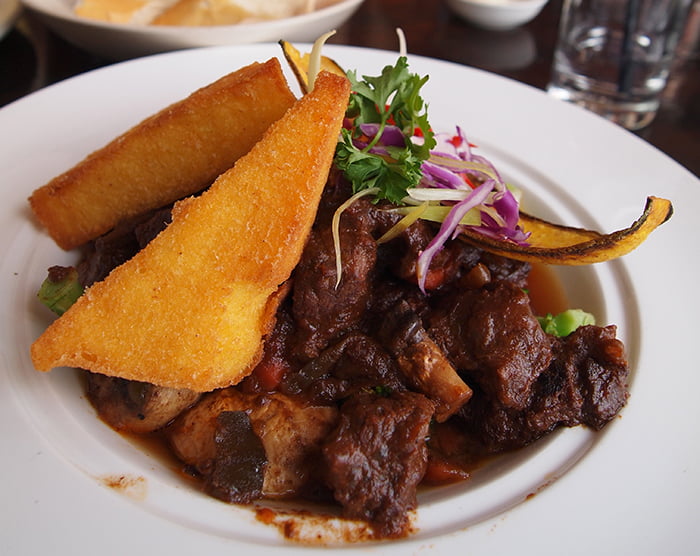
To cover any health concerns, the Government of Curaçao requires visitors to be adequately insured for medical care, including possible quarantine extended stays. During this pandemic, however, travel health insurance is a smart decision no matter where you visit.
Antigua and Barbuda
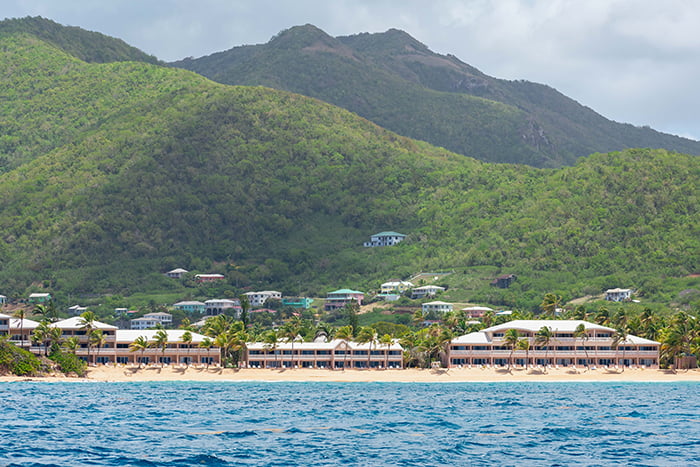
If a more extended Caribbean escape is what you have in mind, Antigua and Barbuda may be just what you’re looking for. The twin-island nation is offering a Nomad Digital Residence (NDR) visa program that lets visitors live and move freely within the country for up to two years.
Ideal for professionals and students with the flexibility to work or study remotely, the NDR program carries fees of $1,500 for single applicants, $2,000 for couples and $3,000 for families of three or more persons.
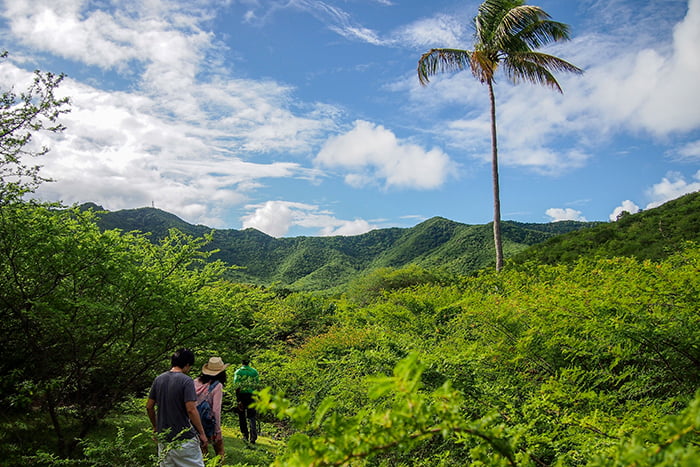
All visitors to Antigua and Barbuda must have proof of a negative COVID test taken within seven days of arrival. The only exception applies to kids 12 and under, who are not required to be tested. At-home test results are not accepted, and travelers must complete a Traveler Accommodation form prior to travel.
Jamaica
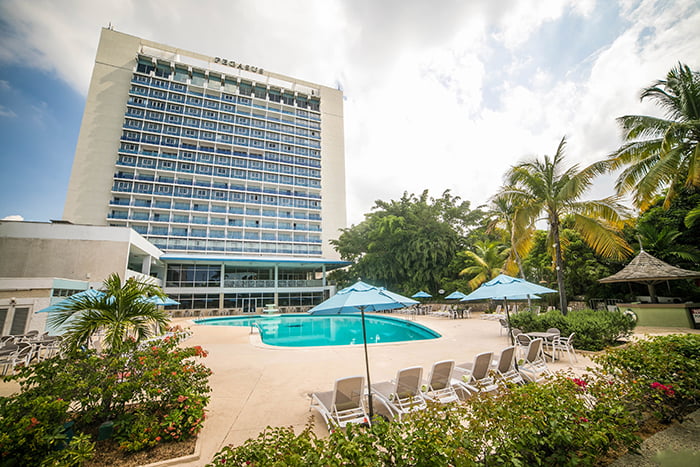
“Resilient Corridor” is the buzzword travelers must know when visiting Jamaica these days. There are actually two of them. One extends from Negril along the north coast to Portland. The other encompasses the New Kingston Business District. If you’re visiting Jamaica, that’s where you’ll be.
While roaming freely throughout the island is not currently an option, visitors can explore within the Resilient Corridors with limited restrictions. For instance, all taxi transportation must be with operators licensed under the Tourist Board Act. As well, visitors are required to stay at hotels that have received COVID-19 compliant certification. You’re not allowed to hop around to different hotels either—a policy that would help streamline contact tracing should the need arise.
As with Antigua, your length of stay can be quite extensive in Jamaica. Select hotels have launched “workation” packages to give digital nomads the unique opportunity to live, work and play in paradise. The Jamaica Pegasus Hotel in Kingston, for instance, offers a workation package for a 30-night minimum stay, with rates starting at just $3,499—a savings of more than 70% off.


